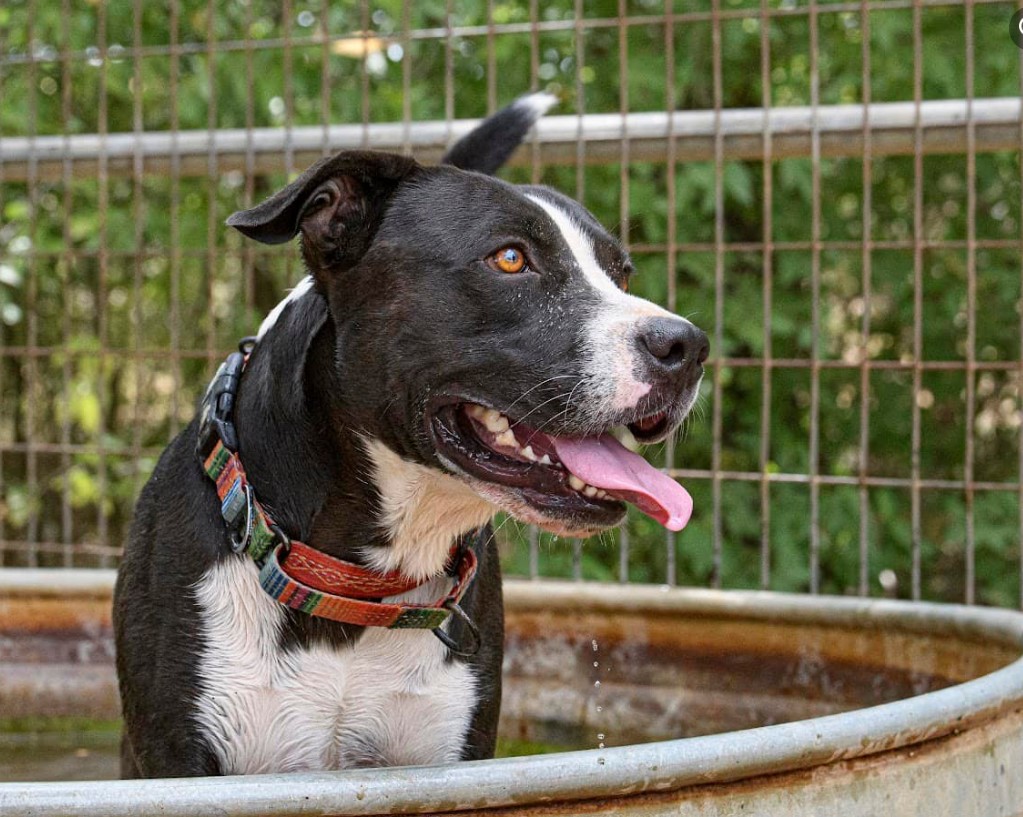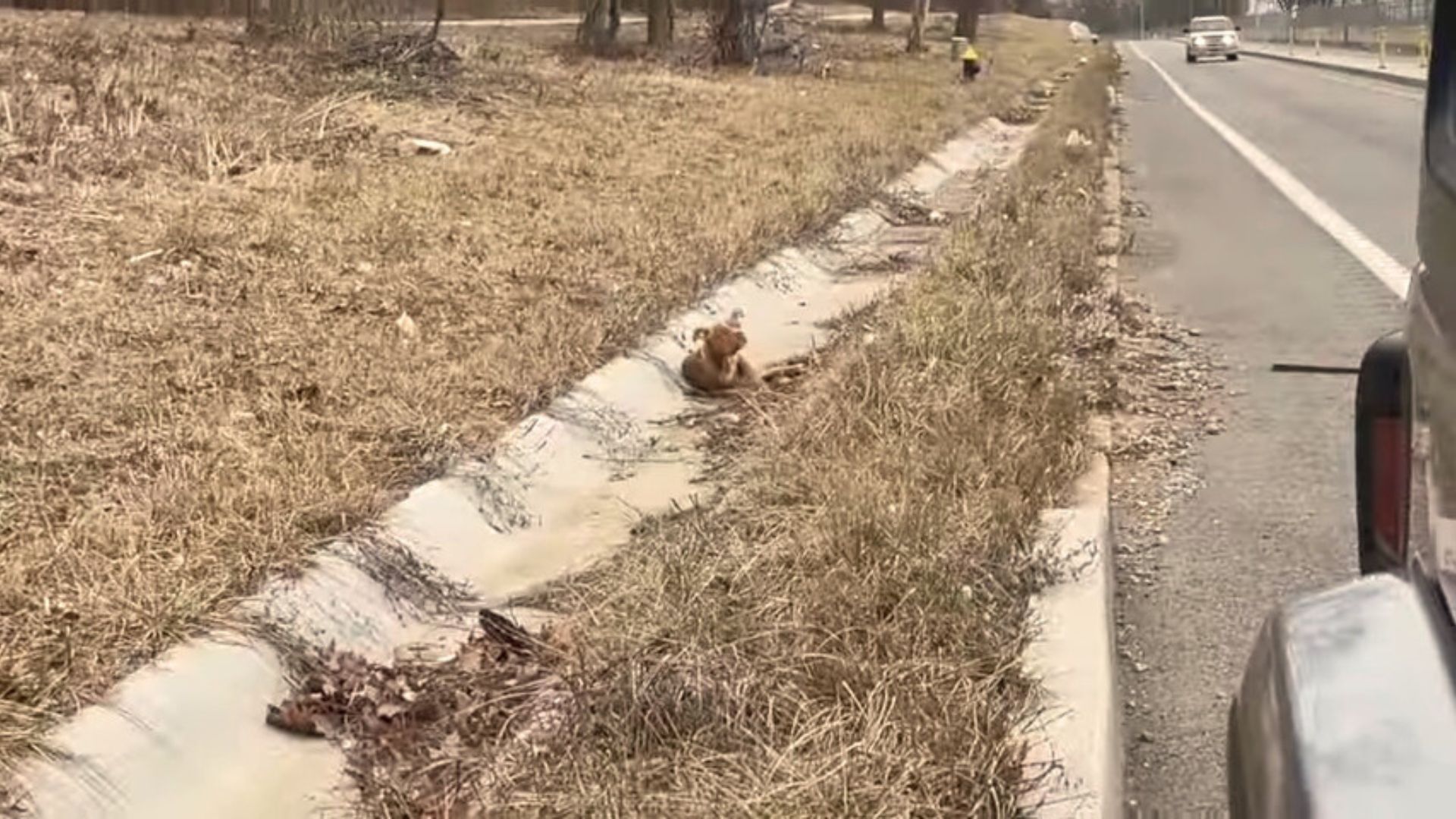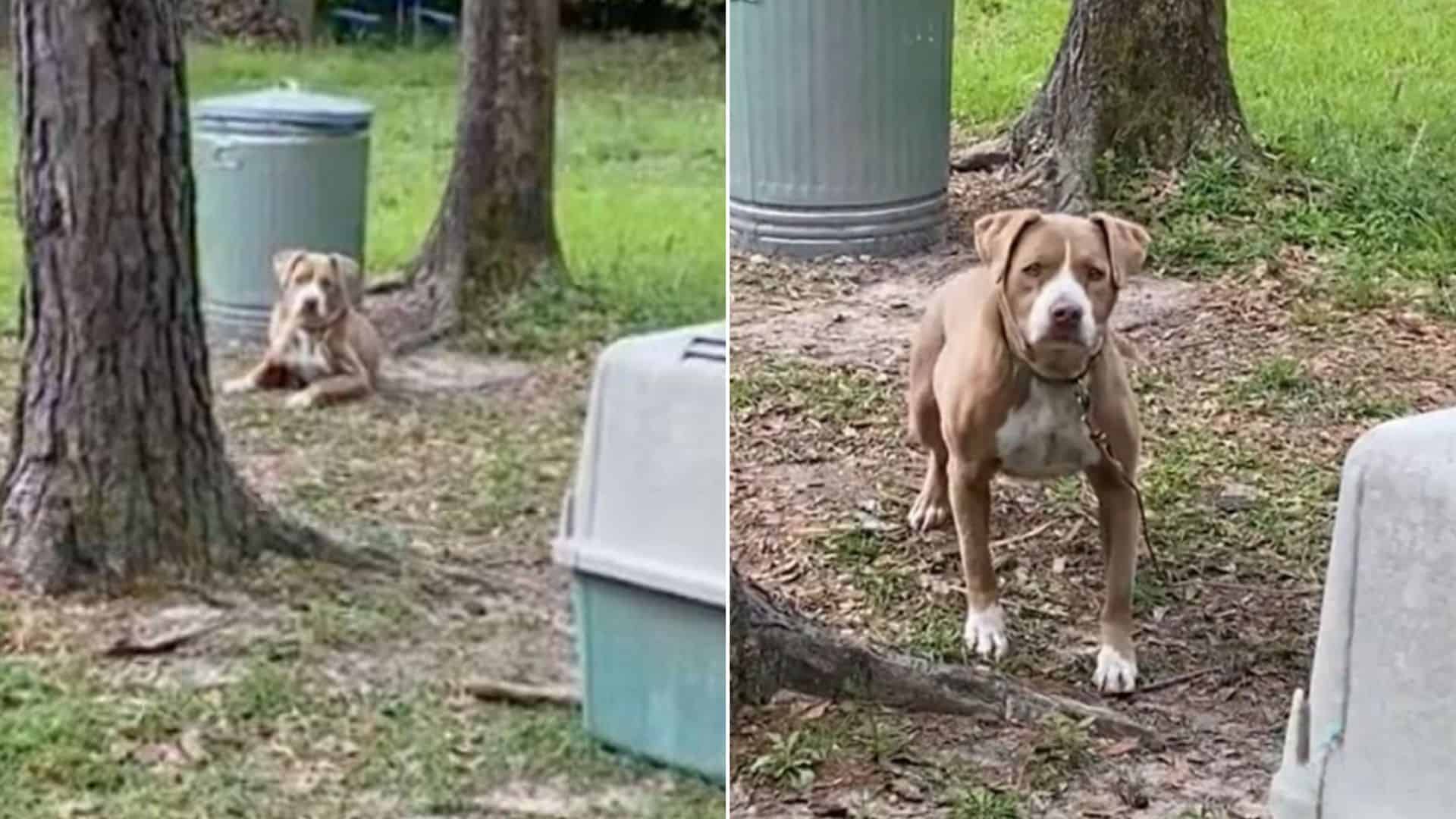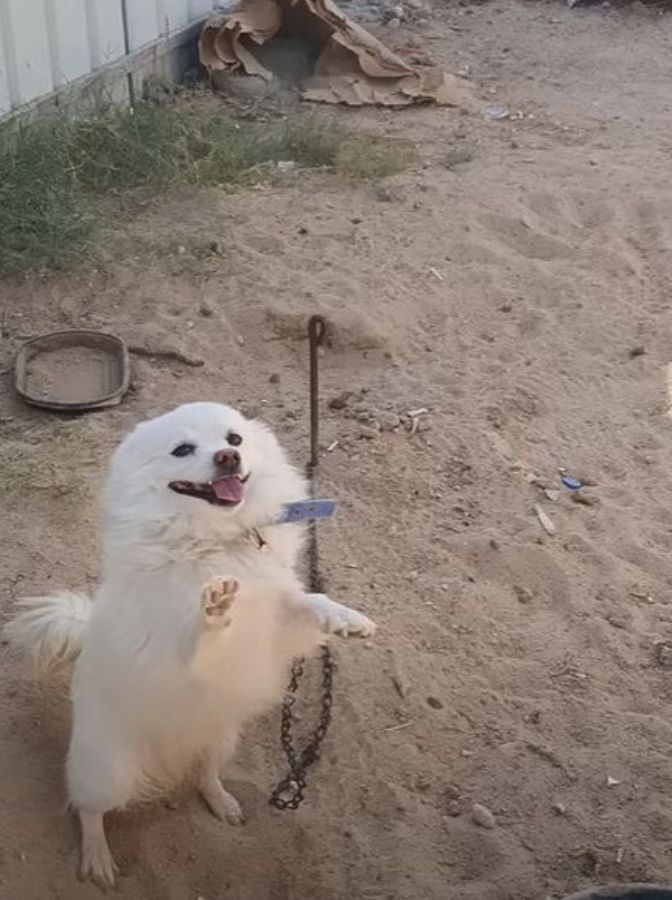Many workers, volunteers, rescuers, and veterinarians will often say that a shelter is not the best place for a dog.
Although it provides him with some care and security, and it is certainly better than the street, in the shelter, the dog cannot experience what he needs most. That is definitely the love of a family and the warmth of a home.
Given this fact, you can only imagine what it’s like for a dog who spends more than 800 days in the same shelter and fails to find his forever home.
Munch, a 3-year-old Terrier mix, who spends his best years in a shelter in Bulverde, Texas, is experiencing such a fate.
Although he lacks nothing there, everyone would like to see him be the happiest with a person who would give him unconditional love.
Shelter Employees Fell In Love With Him

Munch was a stray found on the street when the volunteers from Bulverde Area Humane Society, located in Texas, brought him to their shelter in September 2021.
Luckily, he didn’t have any injuries, and he was a beautiful pup. The volunteers of the shelter immediately fell in love with him.
“Munch is a dog who many volunteers gravitate to and he absolutely loves to play with them! He plays with toys, loves sniffing around and exploring out grounds, and is a total water dog in the summer!” BAHS wrote in their Facebook post.

In the introduction post, they also said that Munch is a handsome boy who loves to explore the grounds and check out the world around him. He’s a very curious doggo.
However, BAHS also stated that he is very friendly towards people, but unfortunately, he can be very picky about the dogs he likes.
And, there we come to one part of the problem related to his adoption.
Specific Requirements Are A True Obstacle

“The problem we have with getting him adopted is that we feel he would flourish best if he were the only animal in the home,” Penny LaFlam, dog coordinator at the Bulverde, told Newsweek.
The employees and volunteers of the shelter said that he is a very sweet dog when he is one-on-one with a human. But, even then, you have to know how to approach him because his unlimited energy can sometimes manifest itself in negative ways.
Because of that, shelter staff believe that Munch would do best with an experienced dog owner who doesn’t have any small kids.
“I say that because he jumps,” said Penny for KENS5. “He does great with older kids though.”
Finally, there is another very specific reason why Munch could still be with the shelter. This Terrier mix looks like a Pit Bull, which, unfortunately, repels many people from adopting him due to the stereotypes of this breed.
However, regardless of all the difficulties, the shelter staff does not intend to give up their beloved pup. They want to provide him with the best possible future.
“We want to make sure where he does go, he does not have to come back,” LaFlam said for the Newsweek. “With him living here for two years and two months, we want it to be a good fit for him and a good fit for the family.”
And, despite the loud, anxious environment of shelter life, Munch is also holding up well, and he hopes his patience will eventually pay off.

“He’s a goofball and we just love him to death,” said Penny for KENS5. “If someone would give him a chance, he would do great in a home.”
Fortunately, He Is In A “Better” Shelter
While the fact that a dog has to spend his life in a shelter is terrible in itself, it could always be worse.
Many other dogs are not lucky enough to find themselves in a non-euthanizing shelter where dogs like Munch can stay for even 10 years, eventually finding their forever home.
Unfortunately, many of them cross the rainbow bridge in euthanizing shelters where dogs, if they don’t find a home quickly, end up on the euthanasia list.
Be it a euthanizing or a non-euthanizing shelter, the problem with the number of dogs in these institutions is real, and it is getting bigger and bigger.
According to the ASPCA, approximately 6.3 million companion animals enter U.S. animal shelters nationwide every year. Of those, approximately 3.1 million are dogs and 3.2 million are cats.
Each year, around 920,000 shelter animals are euthanized, although the number of dogs and cats euthanized in U.S. shelters has declined, which is a piece of good news.
All these problems are also reflected in the BAHS shelters, and they deal with them in various ways – from promoting animals like Munch on Social Media platforms to organizing adoption events.
If you are interested in more details or want to help an animal yourself, you can find all the information on their official website and their Facebook page.
Finally, we hope that we have made at least a little bit of contribution to spreading awareness about the number of dogs in shelters.
Also, if this very article would be a turning point for our beautiful boy, Munch, or any other doggo with a similar fate, no one would be happier than us.
Do not hesitate to help these poor creatures if you can because sometimes, you may be their last hope.















